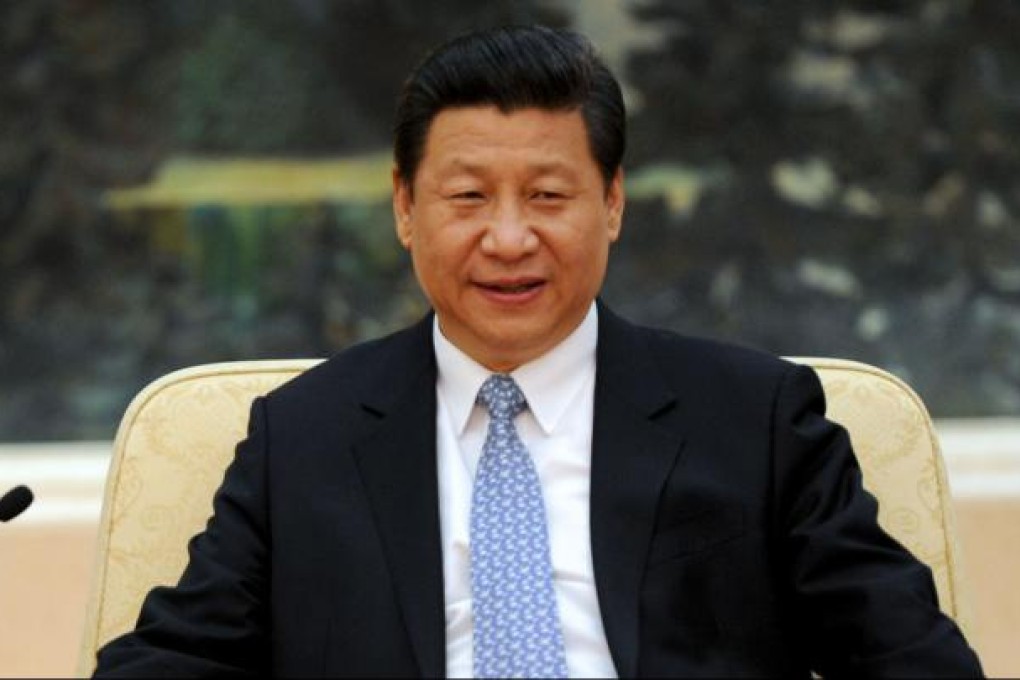Opinion | Learn from the West on how to curb graft
Rather than drawing on the anti-corruption heroes of feudal dynasties, the leadership should be focusing on transparency and accountability

Bao Zheng, a magistrate in Kaifeng, the capital of the Northern Song dynasty more than 1,000 years ago, has been immortalised in Chinese dramas and operas as a symbol of justice and the best known example of an honest and upright official throughout Chinese history.
Portrayed with a black face in opera or drama, he is known not only for his intolerance of injustice and corruption but also for his down-to-earth lifestyle, despite his high government ranking.
According to the legendary tales, he went after the high-ranking officials involved in corruption, used his power to help ordinary people seek justice, and even stood up against the emperor and his relatives, including having one of his son-in-laws executed for murder.
Now the mainland leaders look set to dust off Bao's heroic deeds and draw on the anticorruption practices from China's feudal dynasties to help fight rampant corruption within the Communist Party and the government at all levels.
According to Xinhua, the Politburo held its fifth group study on Friday, inviting two historians to elaborate on how the feudal dynasties dealt with official corruption and promoted clean and honest administration.
President Xi Jinping, presiding over the meeting, said studying China's anti-corruption history and learning from the ancient anti-corruption culture would help promote the cause by using historical wisdom, Xinhua reported.
